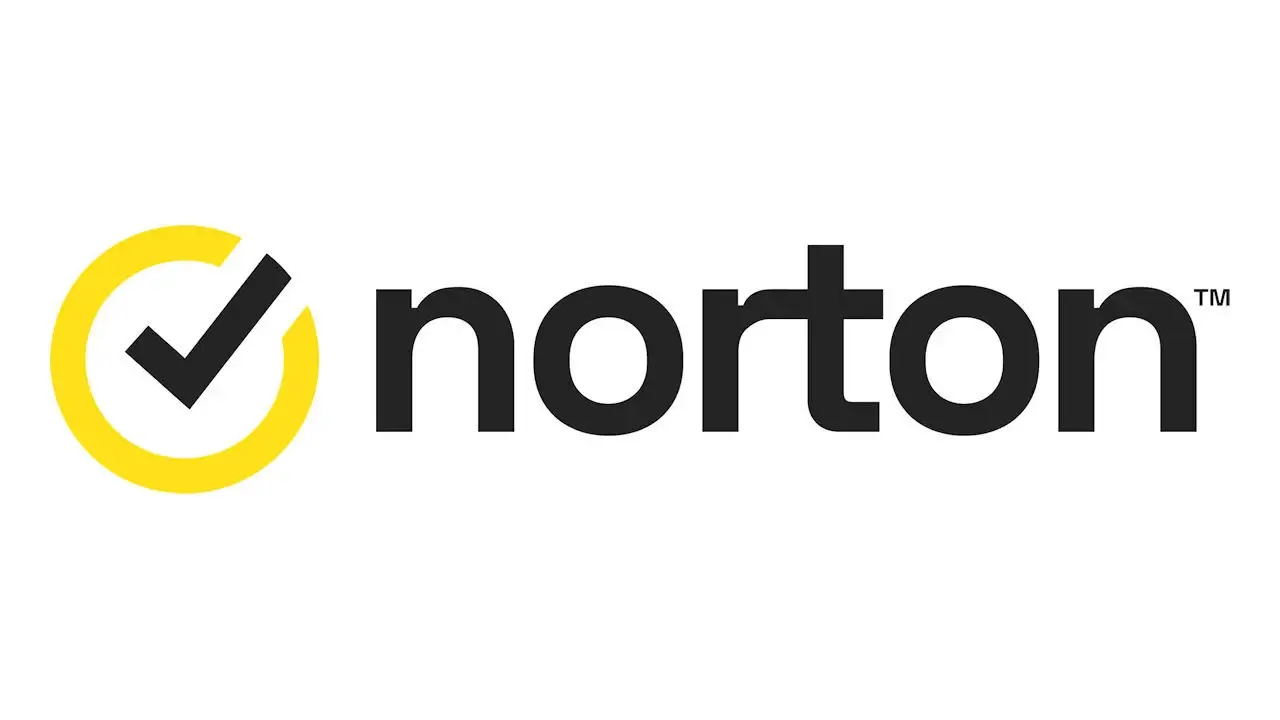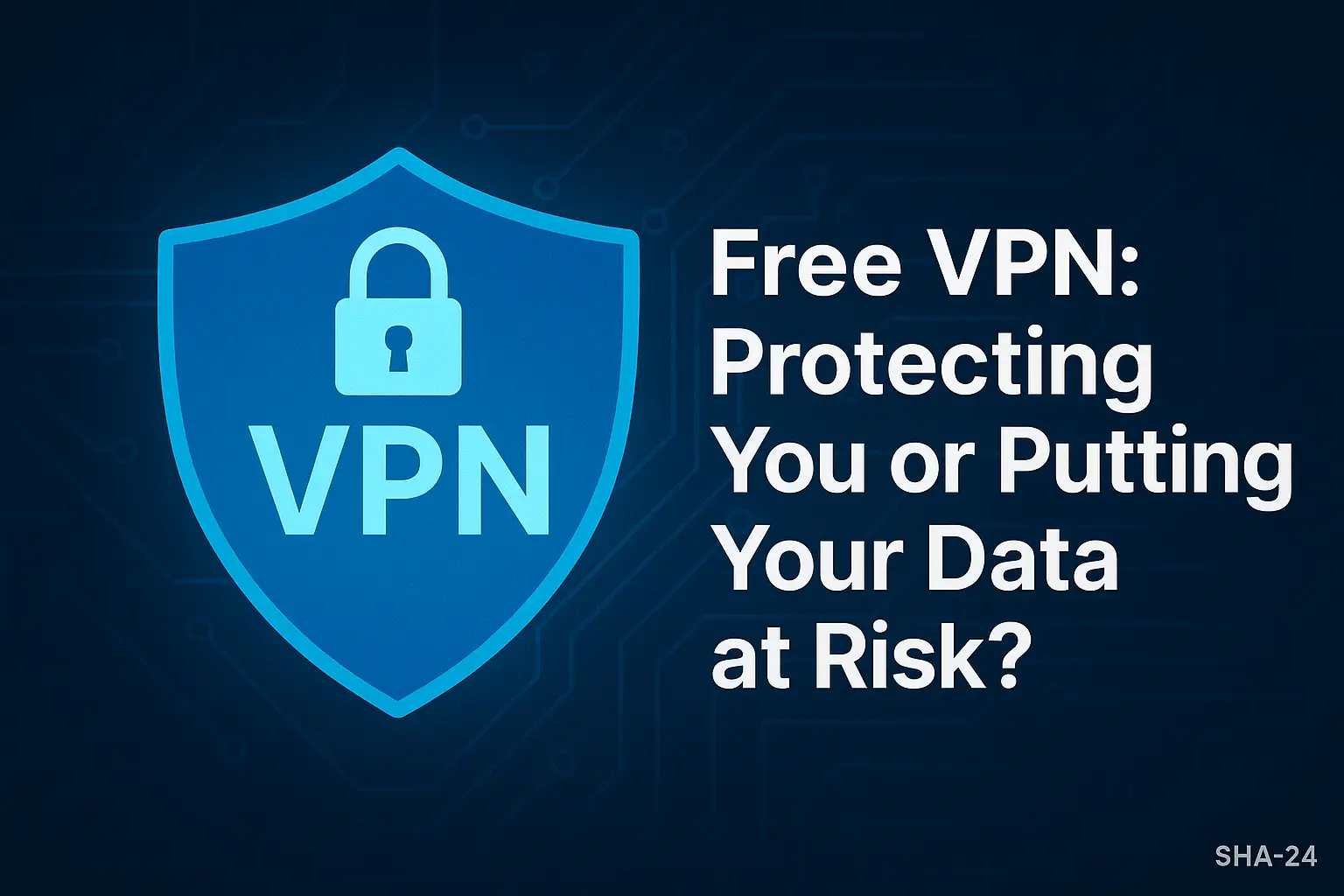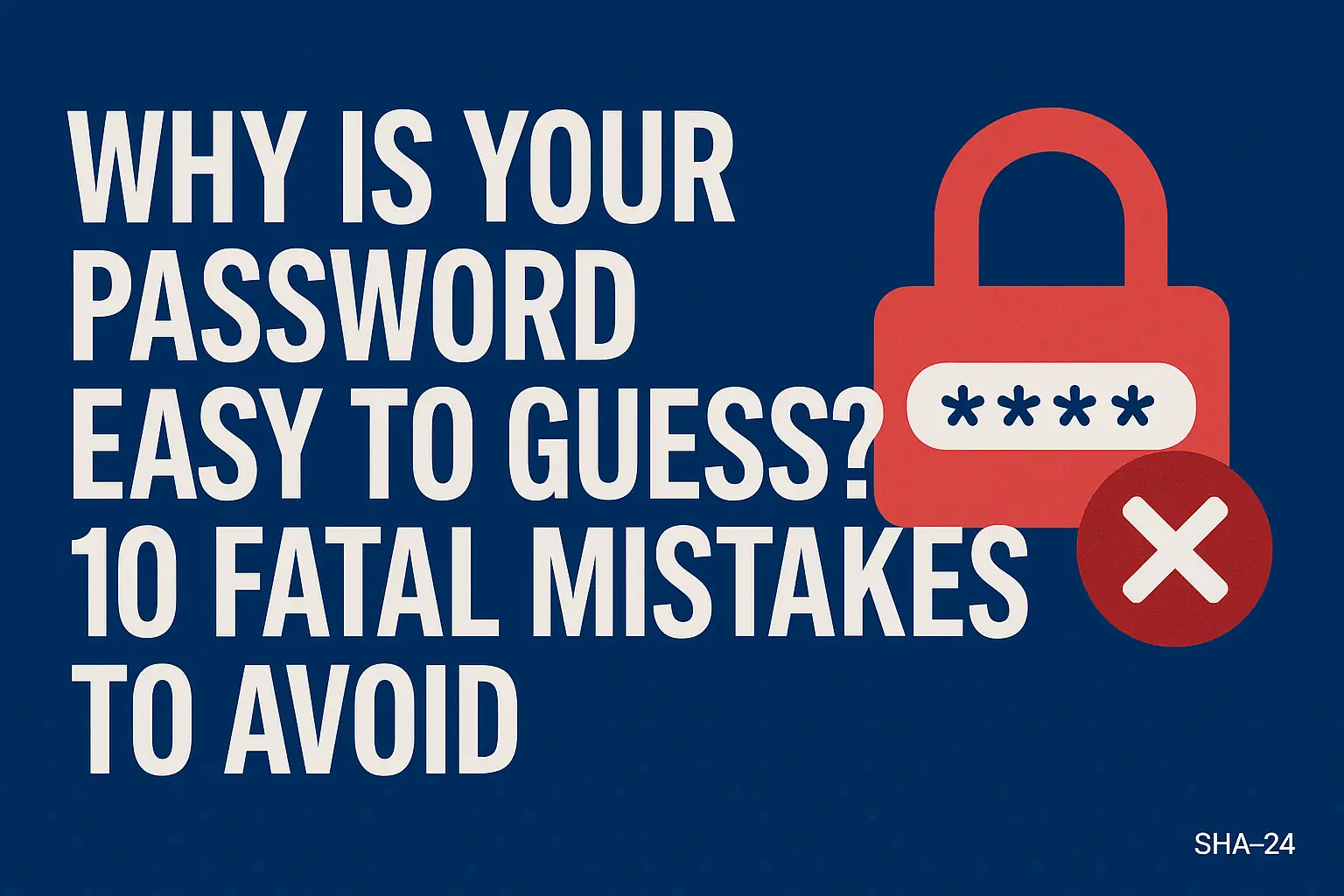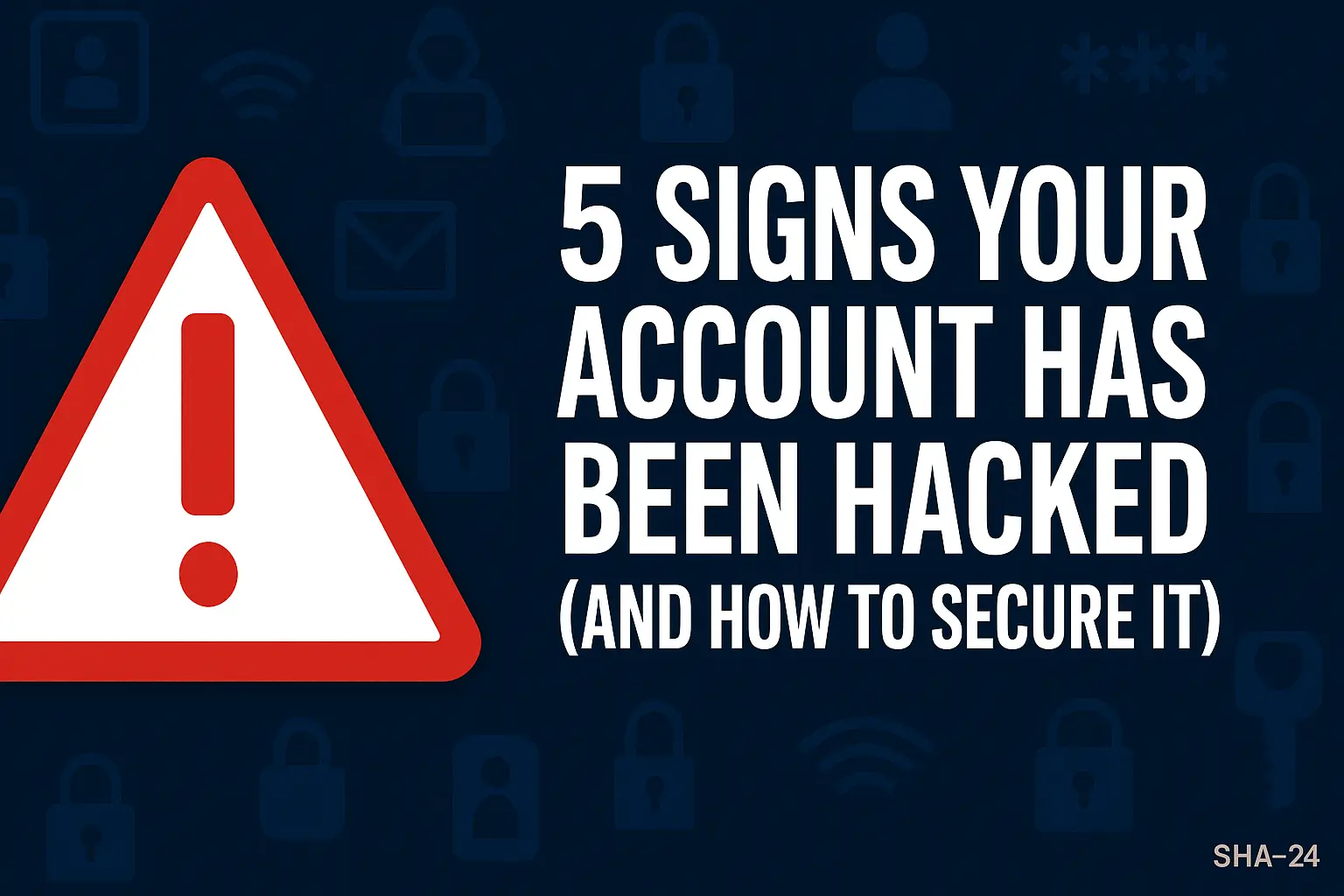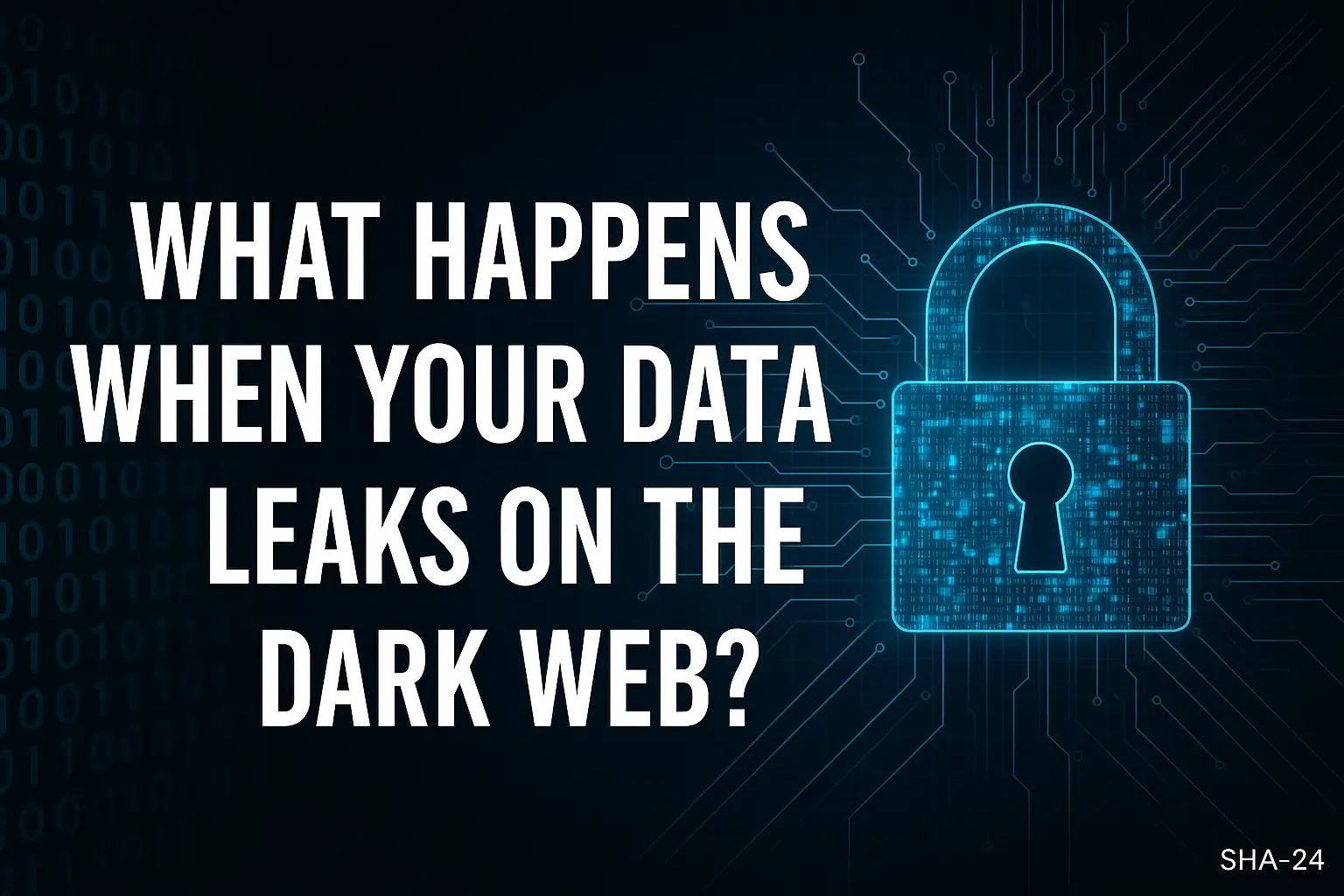Published on May 24, 2025
Is Antivirus Still Necessary in 2025? Experts Reveal the Truth
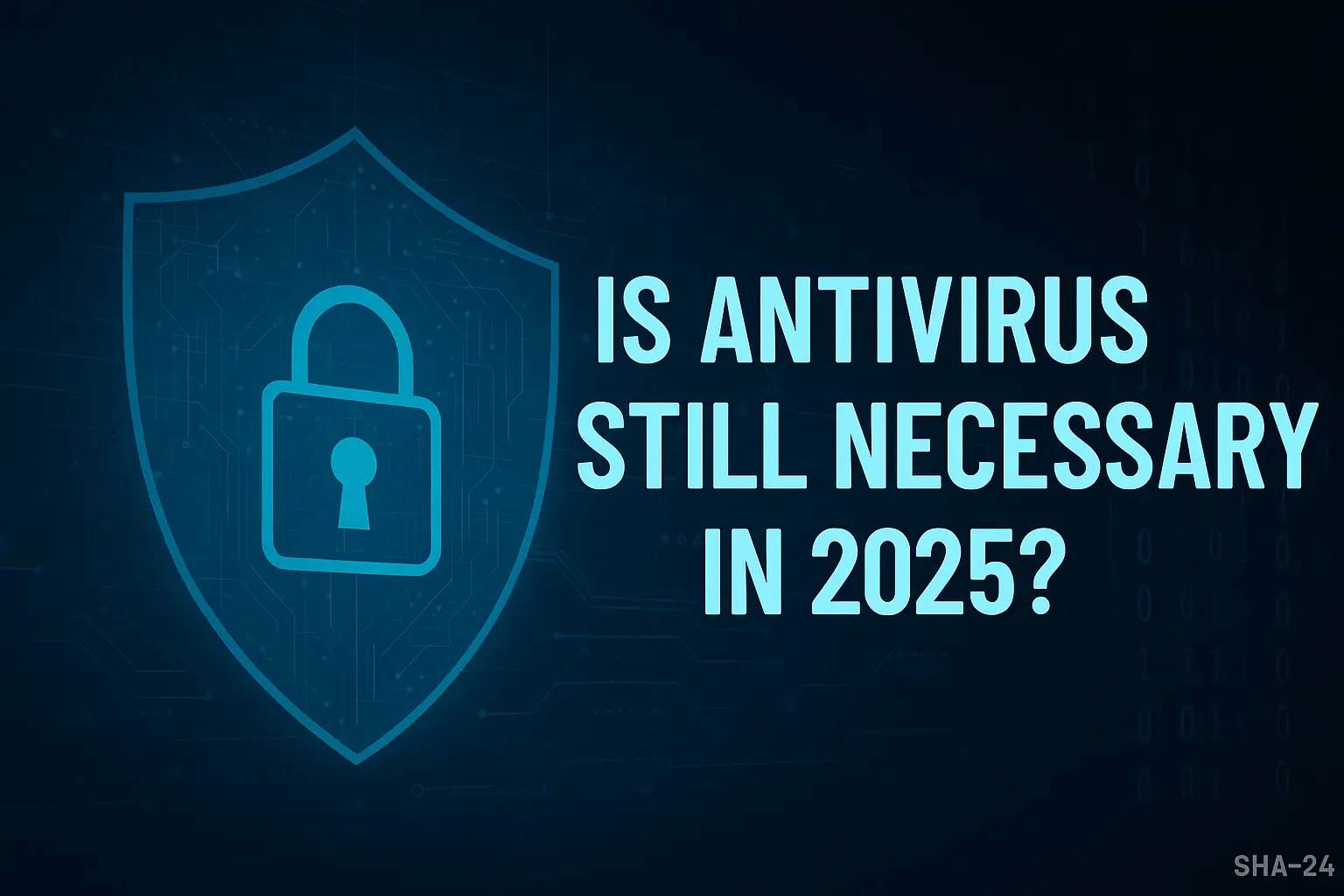
The digital world is advancing faster than ever before. Artificial Intelligence, IoT (Internet of Things), and blockchain technology are reshaping how we interact, work, and store information. As technology evolves, so do the methods and techniques used by cybercriminals. This begs the question: Is antivirus software still necessary in 2025?
To find the answer, we reached out to cybersecurity experts, analyzed market trends, and studied the latest developments in online threats. In this detailed guide, you will discover whether antivirus solutions remain relevant and how cybersecurity strategies must adapt.
Chapter 1: How Antivirus Software Has Changed Over Time
The Birth of Antivirus
The first antivirus programs in the 1980s were simple tools designed to detect and remove basic viruses like the virus Brain and virus Vienna . Back then, a simple signature-based detection was sufficient.
Evolution in the 1990s and 2000s
As the internet became widely accessible, viruses became more complex. Antivirus software evolved to include:
- Real-time scanning
- Automatic updates
- Heuristic analysis
Major companies like Perusahaan besar seperti Norton , McAfee , and Kaspersky dominated the landscape.
The 2010s: Rise of Advanced Persistent Threats (APTs)
Cyber attacks became sophisticated with targeted ransomware, phishing, and zero-day exploits. Antivirus vendors integrated:
- Machine learning
- Behavioral analysis
- Cloud-based detection
2020s: An Era of AI-Powered Cybersecurity
Today’s antivirus solutions use AI and big data analytics to predict and prevent attacks. However, traditional antivirus software faces increasing challenges keeping up with evolving threats.
Chapter 2: Current Cybersecurity Threats in 2025
- AI-Generated Malware
AI is not just defending us; it’s also being weaponized by hackers. AI-generated malware can mutate faster than traditional antivirus engines can recognize.
- Ransomware-as-a-Service (RaaS)
Criminals now sell ransomware kits on the dark web. This democratization of cybercrime means more frequent and more sophisticated attacks.
Phishing and Deepfake Scams Deepfake technology has made phishing scams more convincing than ever, targeting individuals and corporations alike.
Supply Chain Attacks
Attackers now focus on infiltrating third-party vendors to breach larger corporations, making detection extremely complex.
- Cloud Vulnerabilities
With businesses shifting to cloud services, misconfigured servers and API vulnerabilities are new targets for cybercriminals.
Chapter 3: Expert Opinions – Is Antivirus Still Relevant?
We interviewed cybersecurity experts from leading firms like Symantec , Palo Alto Networks , and CrowdStrike. Here’s what they had to say:
Dr. Ethan Cole, Cybersecurity Researcher
“Traditional antivirus software is no longer enough. Companies and individuals need endpoint protection platforms (EPP) that offer real-time threat intelligence.”
Sara Whitman, Chief Information Security Officer (CISO)
“While antivirus is still a layer of defense, it must be combined with multi-factor authentication (MFA), regular patching, and threat hunting.”
Luis Hernandez, Ethical Hacker
“A modern cybersecurity posture is proactive. Antivirus alone is reactive, which is why cybersecurity frameworks like Zero Trust are now essential.”
Key Takeaway:
Antivirus software remains a necessary part of a broader cybersecurity strategy, but not sufficient alone.
- Email Phishing: Real Examples and How to Avoid It
- Complete Guide on How to Use Clipman on Kali Linux
- Sinkclose Vulnerability: Definition, Causes, Impacts, and How to Overcome It
- Cisa Warns of 5 Zero Day Vulnerabilities in Windows That Are Being Actively Exploited
- Using BreezyFlow Tools: Micro SaaS Solutions for SMEs
Chapter 4: Antivirus in 2025 — What Features Matter Most?
If you are considering antivirus protection today, look for these features:
- AI and Machine Learning Detection
Traditional signature-based detection is obsolete. AI allows for real-time anomaly detection and threat prediction.
- Cloud-Based Updates
Cyber threats evolve hourly. Cloud-based databases ensure your software is always up-to-date.
- Behavioral Analysis
Modern antivirus software must detect suspicious behavior, not just known malware.
- Ransomware Protection
Given the rise of ransomware, strong encryption monitoring and rollback features are crucial.
- Minimal System Impact
Lightweight solutions that do not slow down systems are critical for user experience.
Chapter 5: Alternatives and Complements to Antivirus
- Endpoint Detection and Response (EDR)
EDR tools provide advanced threat detection and incident response, ideal for businesses.
- Extended Detection and Response (XDR)
XDR platforms go beyond endpoints, monitoring networks, servers, and cloud environments.
- Multi-Factor Authentication (MFA)
Strong authentication dramatically reduces the risk of unauthorized access.
- Regular Software Updates
Keeping systems and applications updated patches vulnerabilities hackers often exploit.
- Employee Training
The human factor remains the weakest link. Regular cybersecurity training is non-negotiable.
Chapter 6: Case Studies — Real-World Examples
Case Study 1: Small Business Saved by Modern Antivirus
In 2024, a small law firm was targeted by ransomware. Thanks to AI-driven antivirus software with behavioral analysis, the attack was stopped before encryption began.
Case Study 2: Cloud Breach Avoided by Holistic Security
A tech startup avoided a major data breach by combining antivirus with EDR, MFA, and proper cloud security practices.
Chapter 7: Common Myths About Antivirus in 2025
Myth 1: “Macs Don’t Need Antivirus”
Reality: Macs are targeted more than ever because users assume they are safe.
Myth 2: “Free Antivirus is Enough”
Reality: Free versions often lack critical features like real-time ransomware protection.
Myth 3: “I’m Too Small to Be a Target”
Reality: 43% of cyberattacks now target small businesses.
Chapter 8: How to Choose the Right Antivirus Software in 2025
Consider the following when choosing an antivirus:
- Reputation and reviews
- AI capabilities
- Speed and performance impact
- Customer support
- Price vs features
Recommended brands in 2025:
- Bitdefender
- CrowdStrike
- SentinelOne
- Norton
- Sophos
Conclusion: Is Antivirus Still Necessary?
Yes, but with a caveat.
Antivirus remains a foundational layer of defense, but modern cybersecurity demands a holistic approach. Antivirus must be paired with updated systems, user training, MFA, and proactive threat hunting.
Cybersecurity is no longer optional, it’s a necessity for personal, professional, and national security.

